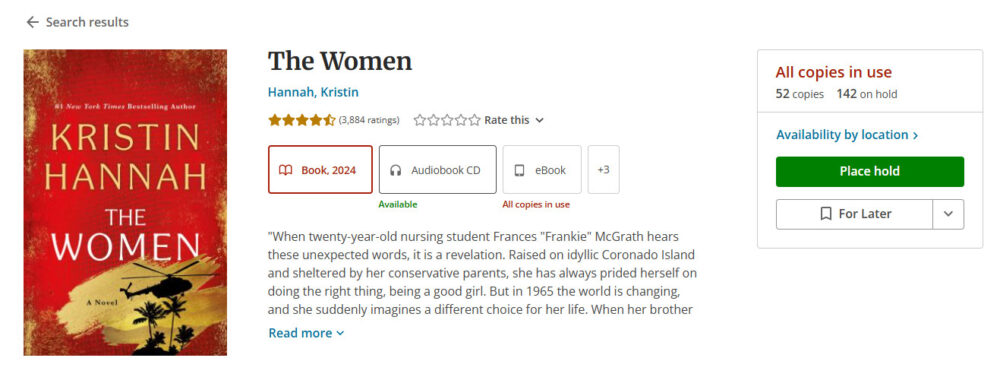Land Acknowledgement
A land acknowledgement is traditional practice among Indigenous people by which individuals or groups acknowledge themselves as visitors to the areas that they do not steward. In keeping with this practice, we recognize that the land that Western Counties Regional Library operates on today is the ancestral territory of the Mi’kmaq People, and that they did not surrender this land during the European settlements and colonization in Nova Scotia. While we cannot undo the past, we can work on building a future that promotes respect and friendship amongst treaty nations.
We recognize and honour the contributions of L’nu’k (pronounced “ull-new-k”) the Indigenous people of Mi’kma’ki (pronounced “meeg-maah-gee”) and we commit to making space within our collections, programs and services for people to learn about the history of the Peace and Friendship Treaties and the relationship between nations, both past and present.
Resources
We offers these resources to help develop a greater understanding of the importance of a Land Acknowledgement, the Peace and Friendship Treaties and the relationship between nations. We welcome suggestions for books and resources that you believe would be an important addition to this list. Suggestions can be made to question@westerncounties.ca.
This tab intentionally left blank
Booklists
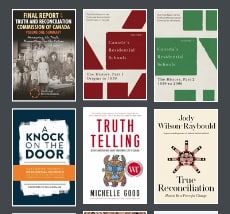 |
Truth and ReconciliationThe Truth and Reconciliation Commission was established in 2007 as one of the outcomes of the Indian Residential Schools Settlement Agreement. The purpose of the Commission was to educate people about Canada’s residential school system and to promote reconciliation. Click here to read the reports and learn about reconciliation with this nonfiction booklist for adults. |
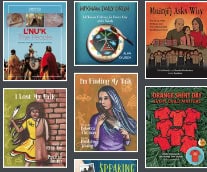 |
Truth and Reconciliation for KidsLearn about Canada’s residential school system and the process of reconciliation with this nonfiction booklist for kids.Click here to see them. |
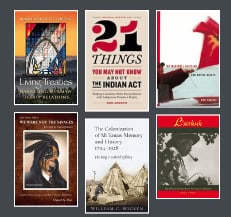 |
Treaty EducationNova Scotia has several historic treaties with the Mi’kmaq that date back to the 1720s, known as the Peace and Friendship treaties. These treaties are still in effect today. In 2015, the Province of Nova Scotia and the Mi’kmaq of Nova Scotia signed an agreement to create a new Treaty Education partnership. The aim of treaty education is to educate people about the Mi’kmaq, their history and culture, the treaties that exist and how treaties have been denied, and pathways forward to reconciliation. In order to support Treaty Education, the staff at Western Counties have compiled this list of resources in order to help people better understand Mi’kmaq history and culture and the treaties that effect us all. Click here to see them. |
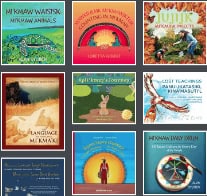 |
Mi’kmaw LanguageLearn more about the Mi’kmaw language with these resources for adults and children. Click here to see them. |
Websites
- We are all Treaty People Brochure
https://novascotia.ca/treaty-education/treaty-education-brochure-english.pdf - Mi’kmaw Pronunciations for Teaching About the Mi’kmaq
https://www.mikmaweydebert.ca/sharing-our-stories/education-and-outreach/school-curriculum/mikmaw-translations-for-teaching-about-the-mikmaq/






